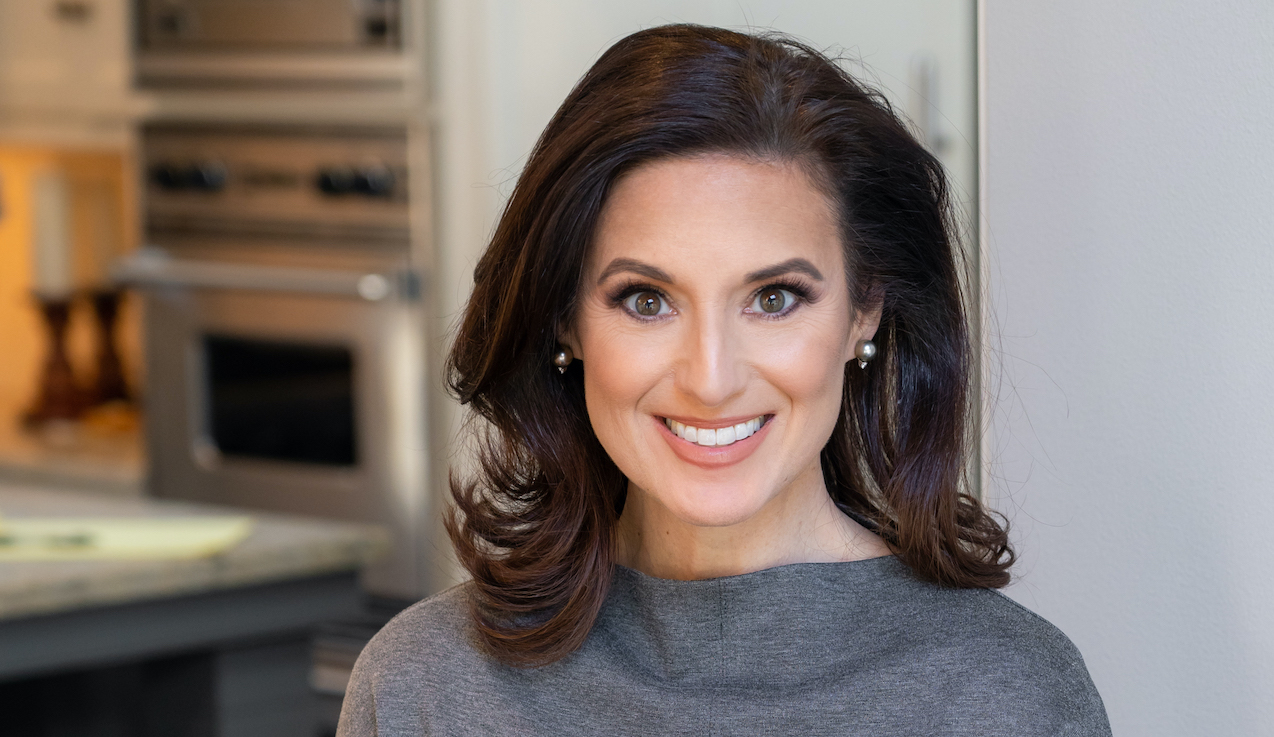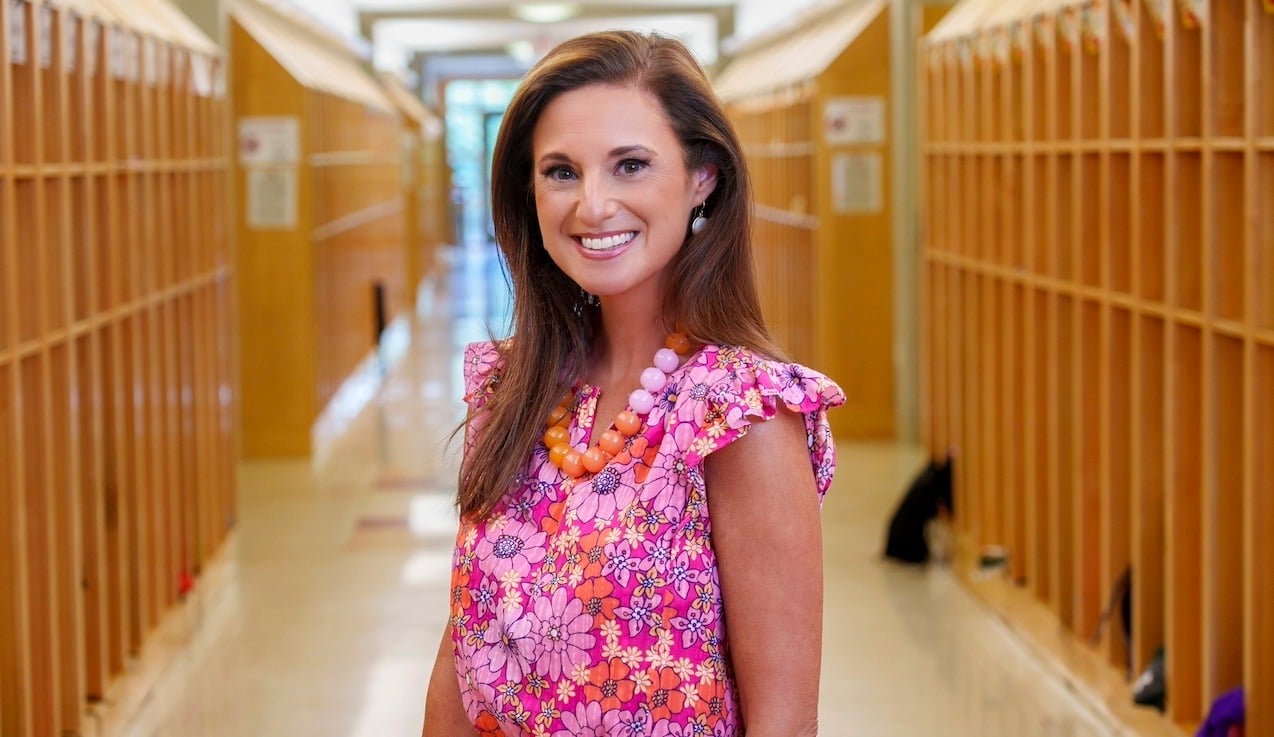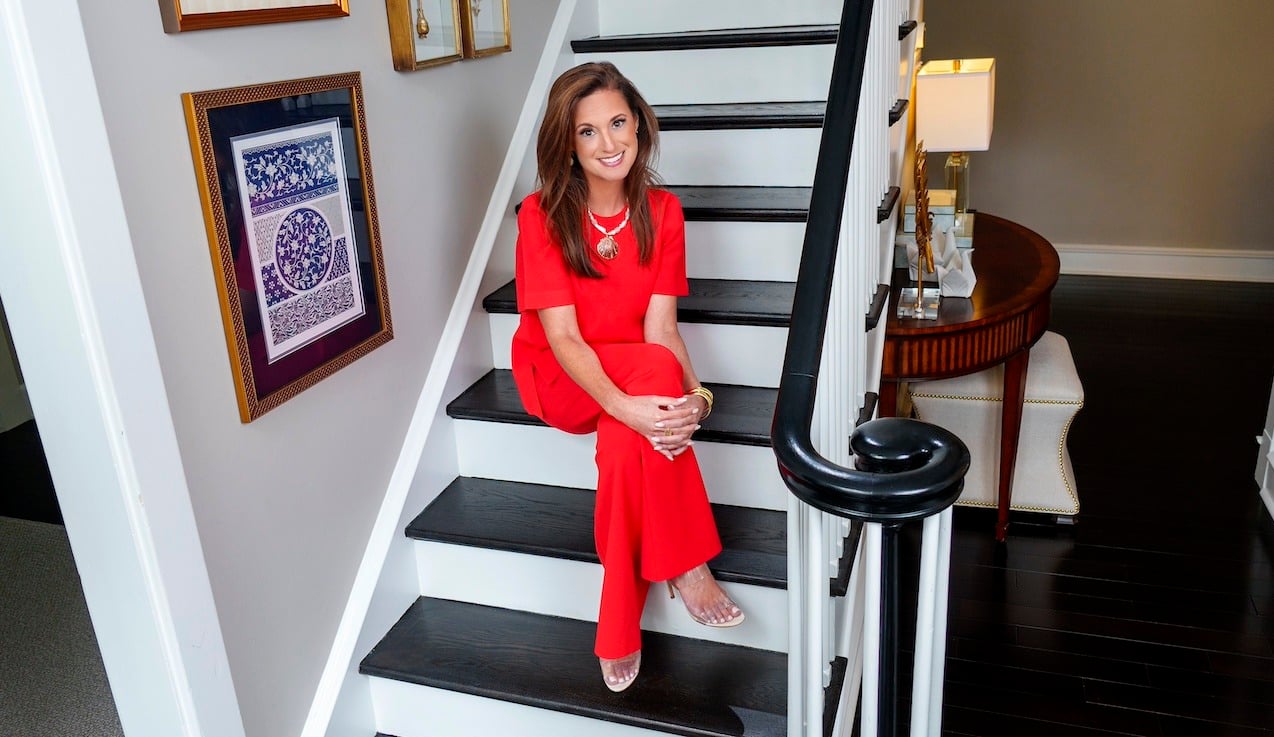The most asked question I get during my weekly Instagram Live is how the perceived increase of students taking a gap year will impact the rising high school seniors and their chances of admission in the coming year.
I use the word "perceived" because we don't know what we're dealing with. Most colleges have not been transparent about how many students were granted a gap year this year due to the pandemic and how this compares to previous years. In an era when students must share everything with colleges in their applications, including things they are not as thrilled about, it is time for colleges to be expected to do the same.
First, let's define what a gap year is.
A student who gets admitted and decides to enroll at a particular college during senior year can request to take a gap year—meaning that they wouldn't start their freshman year of college until the following fall. A gap year allows the student to take a break from studying and do something in that year between high school and college that they had always wanted to do: travel, work, volunteer, pursue their hobby, etc.
When I was a dean of admissions, only a handful of students submitted a request each year. We asked for a letter, one-page was enough, explaining what they hoped to do during their gap year. I always approved them—there were so few and the plans made sense.
But this year, the gap year is being used to delay college in the hopes that the world will be in better shape by the fall of 2021. Many students don't want to start college virtually or have major restrictions on their social and extracurricular life. I totally understand! For this reason, it appears there has been a significant increase in requests by students and a significant increase in colleges granting them.
READ MORE: Is 2020 the Year of the Gap Year?
Second, let's discuss how gap year students impact the following freshman class.
When I was a dean, I worked gap year students into our annual enrollment model. I put a placeholder of the number of students I assumed would take a gap year. The model was done over the summer without the knowledge of the coming year, but it is based on prior years. Almost always, we would have about the same number of students doing a gap year every year. It meant that a handful of students were already admitted and enrolled for the following incoming freshman class. It made zero to little difference in the overall number of students we admitted.
But if a college received more gap year requests this year and granted more than planned, they have to hold a space for all of those students for the next class. This means that if all else stays the same, then they technically have fewer spaces available for the Class of 2021 (high school seniors). Thus, one could assume that they will be admitting fewer students this coming year if their applicant pool is the same or larger.
Related reading: Dear Colleges, Here's What the Class of 2021 is Up Against
Third, if we know that a college granted a significant number of gap year requests, this could influence a student's college list or where they decide to apply "early." This is where we can make a difference.
We need to know what our seniors are up against. Harvard University came clean. It admitted that 20% of its incoming freshman class plans to take a gap year. That's an increase of about 14% from previous years. MIT has 8% of its incoming class taking a gap year, which is up from 1%. And a few other colleges are being open too. Bates College is reporting that 10% of its incoming freshman class will be taking a gap year, up from the normal 4%.
While this may not seem like a lot, when a college's acceptance rate is around 4% like Harvard's, it means even fewer students will be admitted in the coming year. It is my hope that Harvard and other colleges experience a smaller applicant pool this year. This would naturally result in a higher acceptance rate. But we just don't know for sure.
Knowledge is power. So if you are looking for a college's gap year numbers this year compared to previous years, give them a call. Call multiple times if you have to and demand transparency for the people who matter the most: the students. I have total respect for those who want a "gap" between high school and college, especially this year. But there is no excuse for a "gap" in information from colleges when students' futures are on the line.












